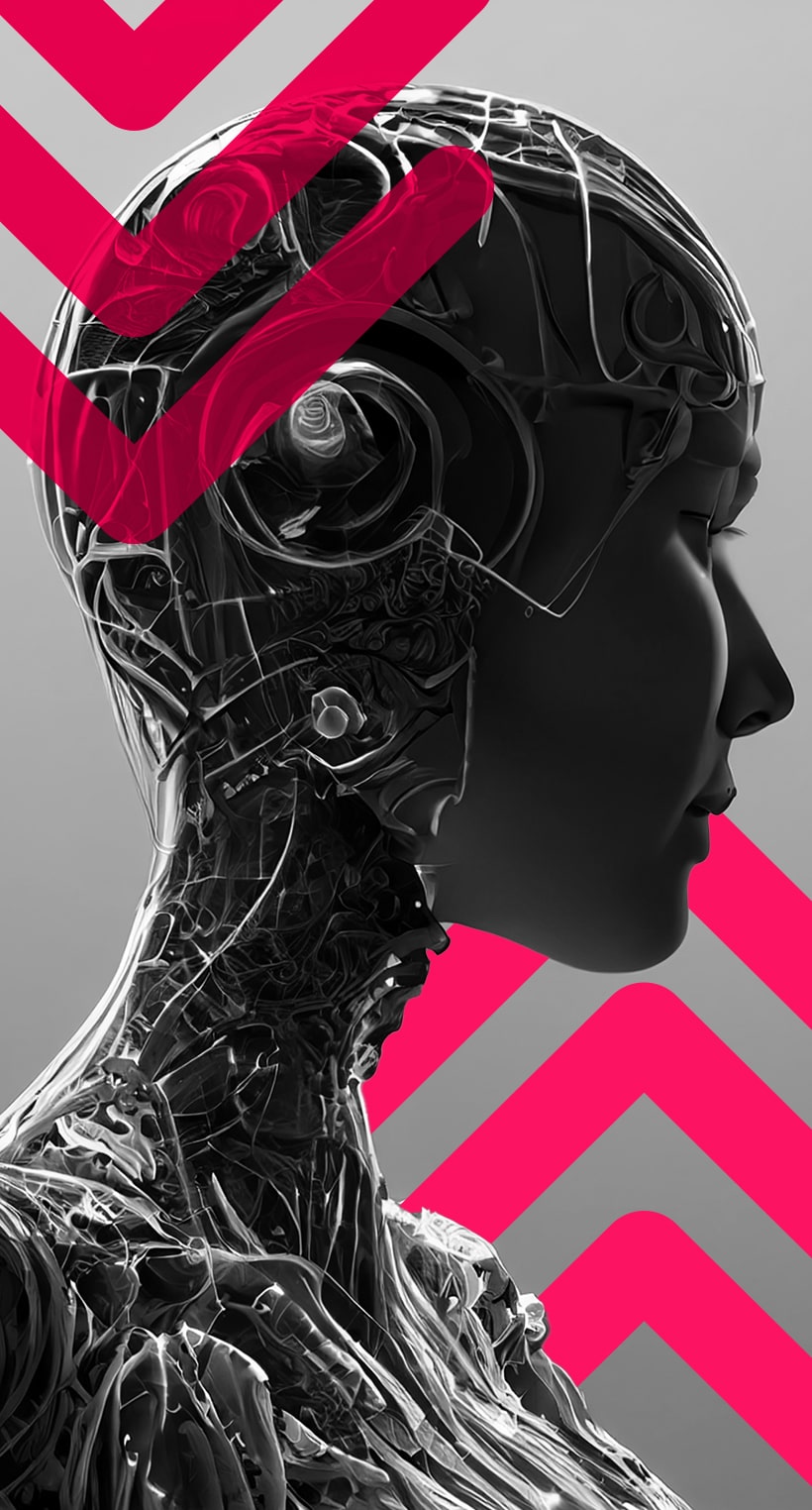In today’s fast-paced technological society, the importance of having AI skills cannot be overstated. Artificial Intelligence (AI) has transformed numerous sectors and become a fundamental aspect of everyday life. As a professional, acquiring AI skills not only improves your career prospects but also enables you to leverage the capabilities of AI to tackle intricate problems and foster innovation.
The Growing Demand for AI Skills in the Professional World
With the increasing adoption of AI across industries, there is a growing demand for professionals with AI skills. Recent data shows a significant increase in job postings for AI-related positions, highlighting the demand for professionals who can utilise AI to drive innovation and tackle intricate challenges. Individuals with expertise in AI are highly coveted in areas like healthcare, finance, marketing, and manufacturing as companies understand the potential of AI to transform their processes and maintain competitiveness in the digital era.
Key Skills Required to Excel in AI
Succeeding in the realm of AI requires professionals to possess a specific set of skills that serve as the building blocks for achieving success. These skills encompass a variety of technical and analytical capabilities, along with a thorough comprehension of the fundamental concepts of AI. Let’s delve into some of the imperative skills that all professionals should acquire to harness the full potential of AI.
Understanding Machine Learning and its Applications
Machine learning lies at the core of AI, enabling systems to learn from data and improve their performance over time. Professionals must understand various machine learning algorithms, including supervised, unsupervised, and reinforcement learning. They should also be knowledgeable about practical applications of machine learning, such as identifying images, detecting fraud, and creating recommendation systems. By mastering these concepts, professionals can design intelligent systems capable of making precise predictions and automating intricate tasks.
Enhancing Your Coding Skills for AI Development
One of the most popular programming languages used in the AI community is Python, thanks to its user-friendly and versatile nature and abundance of libraries specifically designed for machine learning. It is recommended that professionals prioritise mastering Python and become familiar with commonly used AI libraries like TensorFlow and PyTorch. Additionally, knowledge of other programming languages, such as Java, can significantly enhance their abilities in implementing AI solutions.
Developing a Strong Foundation in Data Analysis and Statistics
At the core of AI lies data, and it is crucial for professionals to have a firm grasp of data analysis and statistics. Familiarity with data preprocessing, feature selection, and model evaluation is vital. Statistical techniques like regression analysis, hypothesis testing, and clustering are necessary to extract valuable insights from data and make well-informed decisions. By utilising the power of data analysis and statistics, professionals can unlock the full potential of AI and drive impactful results.
Mastering Natural Language Processing (NLP) for AI Applications
Natural Language Processing (NLP) allows computers to comprehend and communicate using human language, providing endless possibilities for AI applications such as chatbots, sentiment analysis, and language translation. It is crucial for professionals to possess proficiency in NLP techniques, such as tokenisation, part-of-speech tagging, and named entity recognition. Staying informed on the latest developments in NLP, such as transformer-based models like BERT and ChatGPT, is also essential. Mastering NLP can help bridge the gap between humans and machines, leading to the creation of intelligent systems.
Gaining Expertise in Deep Learning and Neural Networks
Deep learning, a subset of machine learning, has revolutionised AI by enabling the training of complex neural networks. Professionals need to understand deep learning algorithms such as convolutional neural networks (CNNs) and recurrent neural networks (RNNs). They should also become familiar with popular frameworks like Keras and PyTorch, which offer valuable tools for constructing and training deep learning models. Expertise in deep learning allows professionals to take on complex AI tasks like identifying images or understanding natural language.
Resources and Courses to Acquire Essential AI Skills
Acquiring essential AI skills is a continuous journey, and professionals can leverage various resources and courses to enhance their knowledge and stay updated with the latest advancements in this field. Here are some recommendations:
- Online platforms like Coursera, edX, Udemy, and Udacity offer AI courses from top universities and industry experts. Examples include “Machine Learning” by Stanford University and “Deep Learning Specialization” by deeplearning.ai.
- Books like “Hands-On Machine Learning with Scikit-Learn, Keras, and TensorFlow” by Aurélien Géron, “Artificial Intelligence: A Modern Approach” by Stuart Russell and Peter Norvig, and “Deep Learning” by Ian Goodfellow, Yoshua Bengio, and Aaron Courville provide comprehensive insights into AI concepts and techniques.
- Open-source AI libraries and frameworks like TensorFlow, PyTorch, and scikit-learn provide extensive documentation and tutorials to facilitate hands-on learning and experimentation.
Conclusion: Embracing AI for a Successful Professional Future
AI has the power to completely transform industries and redefine the job market. Those who embrace this technology and acquire the necessary skills can harness its potential and lead innovation in their organisations. By familiarising themselves with machine learning, improving coding abilities, mastering data analysis and statistics, exploring NLP and deep learning, and utilising available resources, professionals can position themselves as pioneers in the ever-evolving world of AI.
;)
;)
;)